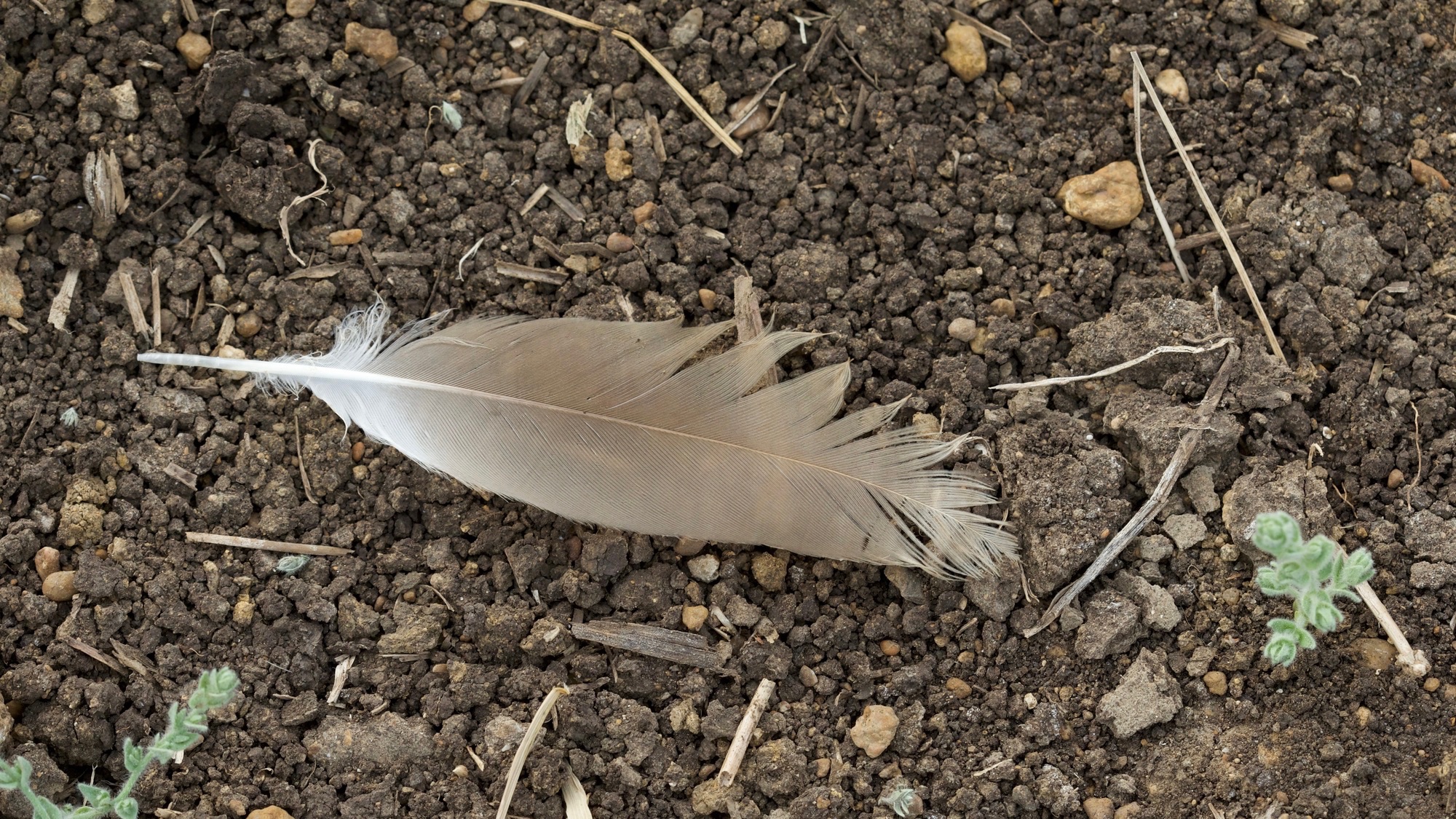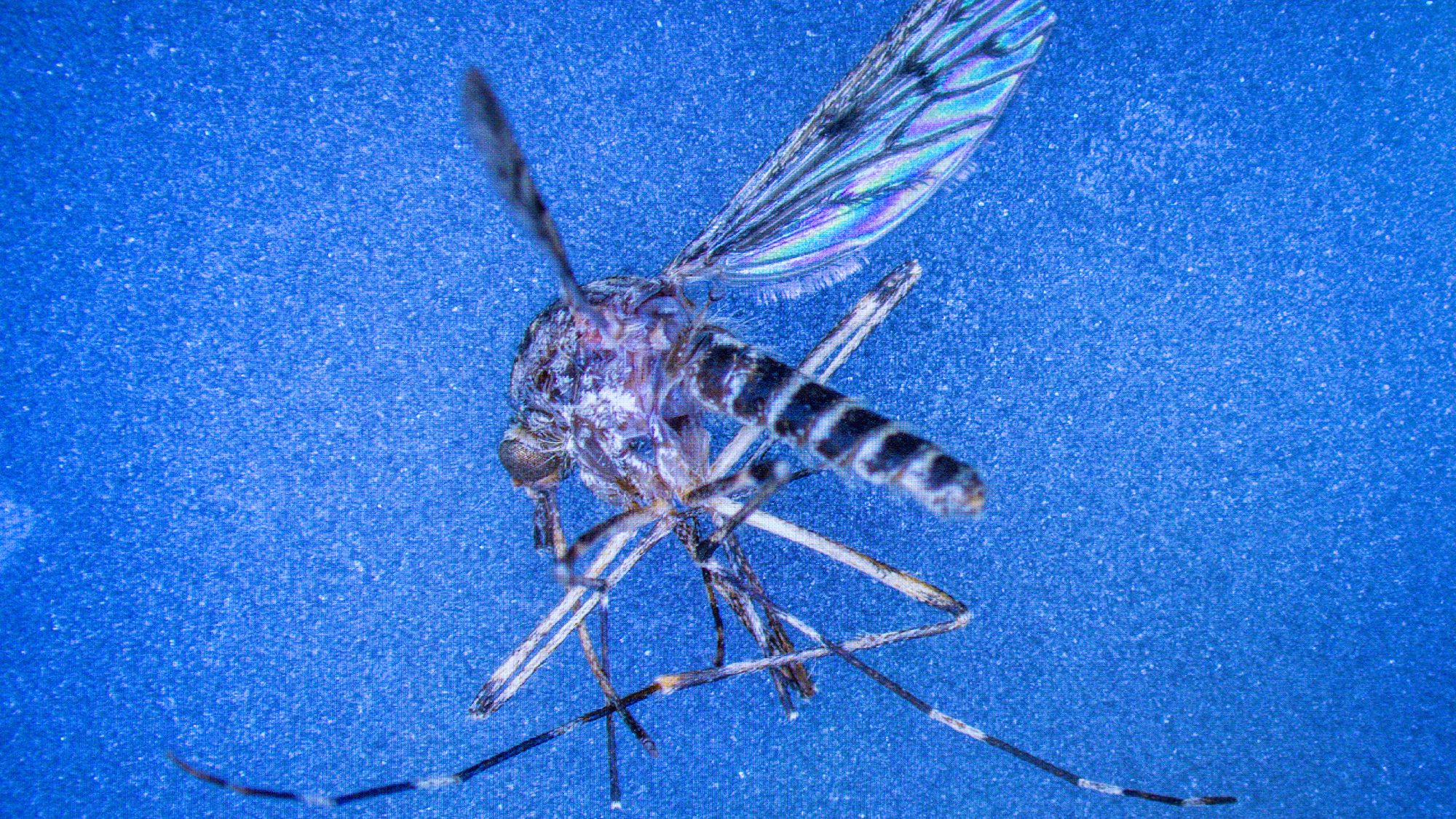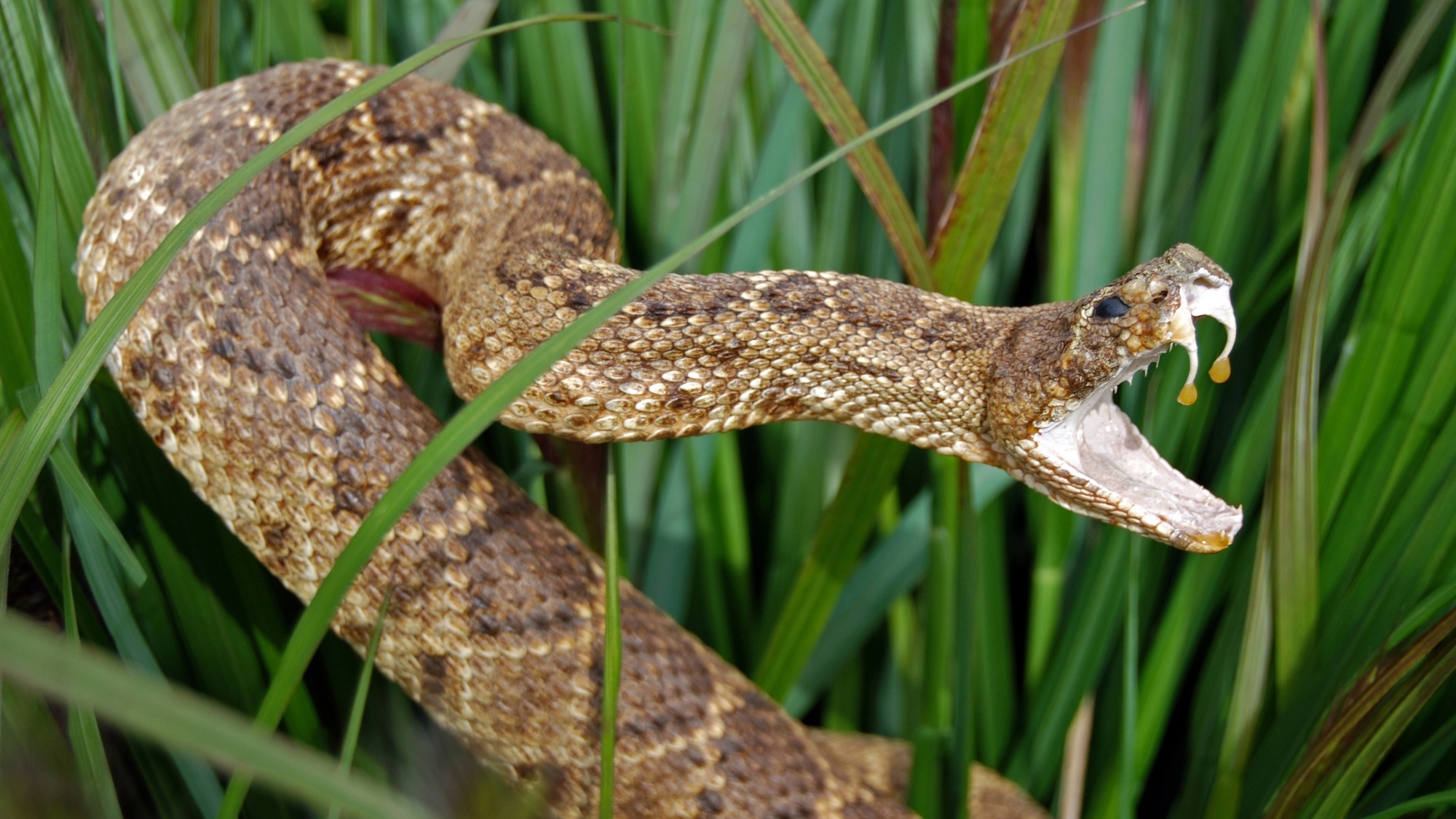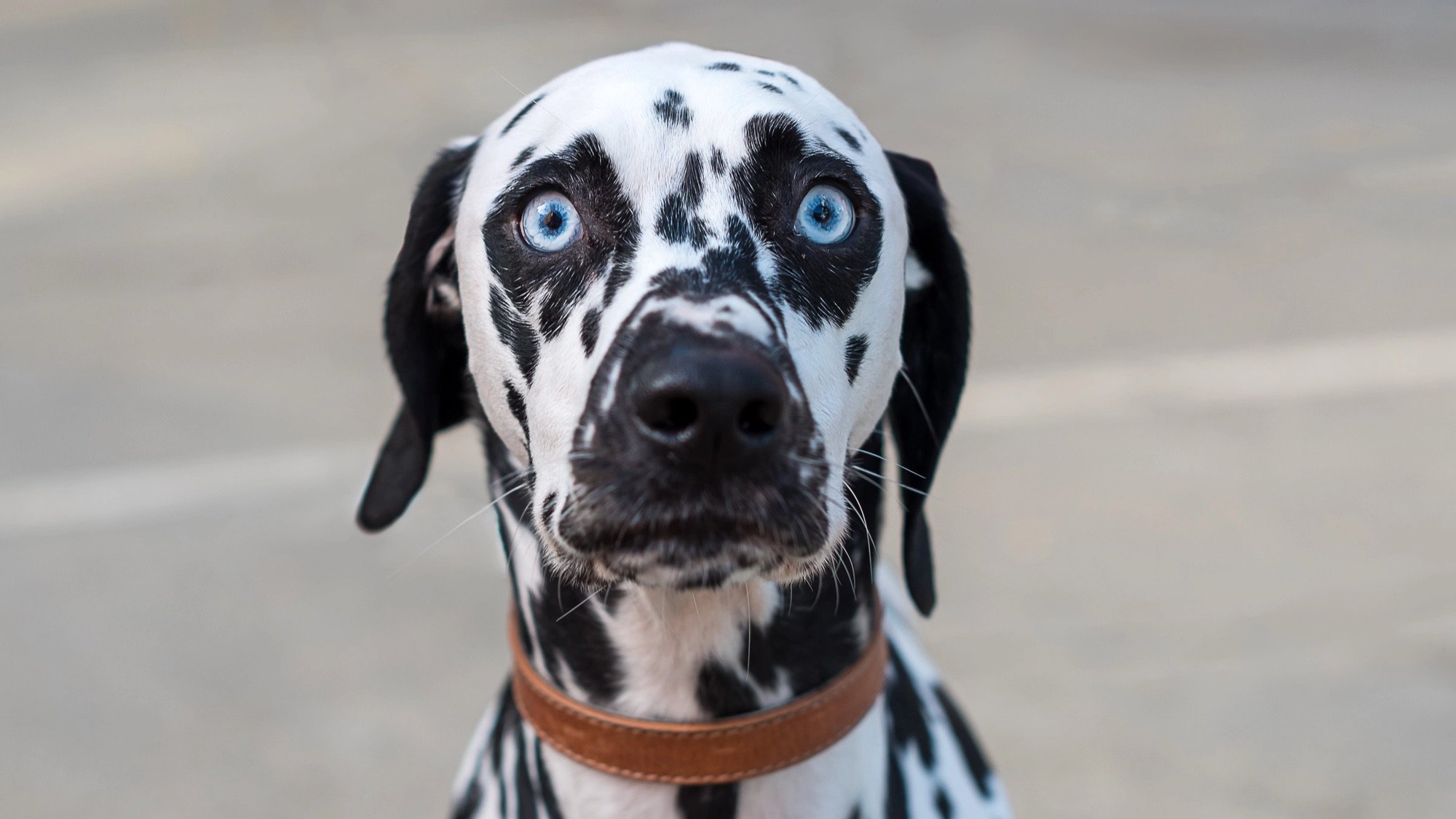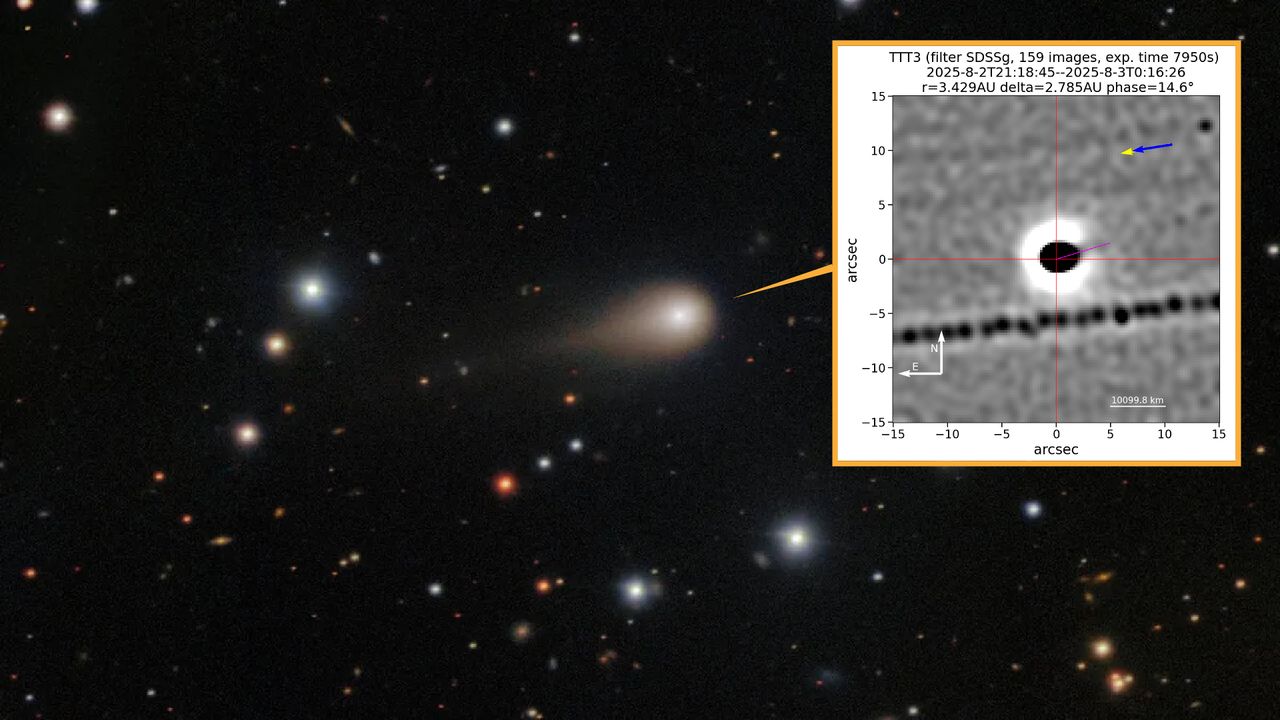Dinosaur ‘mummies’ prove some dinos had hooves
PositiveScience
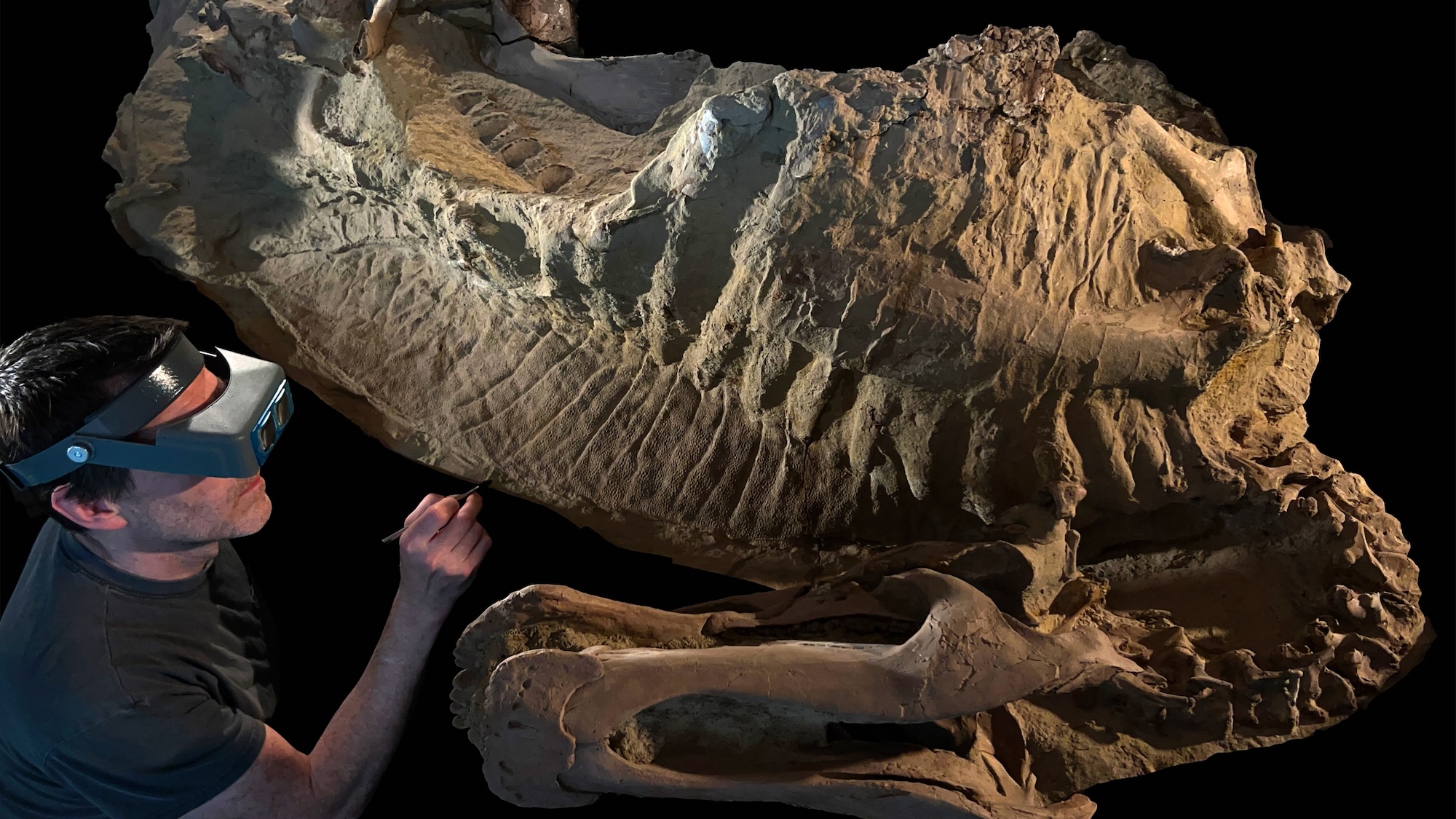
Recent discoveries of dinosaur 'mummies' have revealed that some dinosaurs, like the Edmontosaurus annectens, had hooves, challenging previous assumptions about their anatomy. This finding is significant as it enhances our understanding of dinosaur evolution and their adaptations to their environments during the Late Cretaceous period. Such insights not only fascinate paleontologists but also engage the public's interest in prehistoric life.
— Curated by the World Pulse Now AI Editorial System



